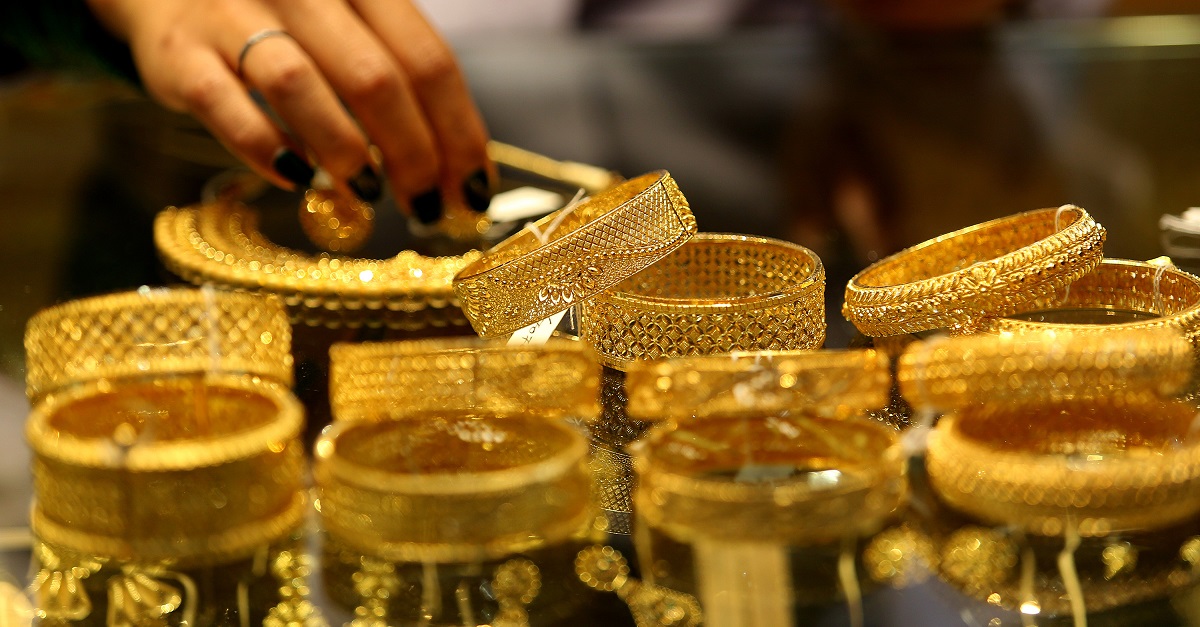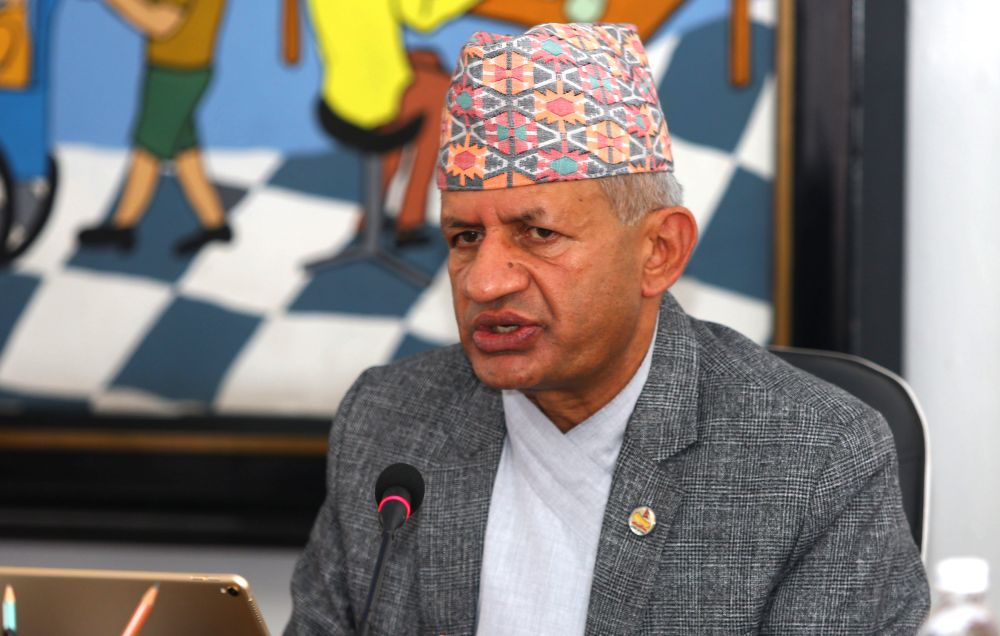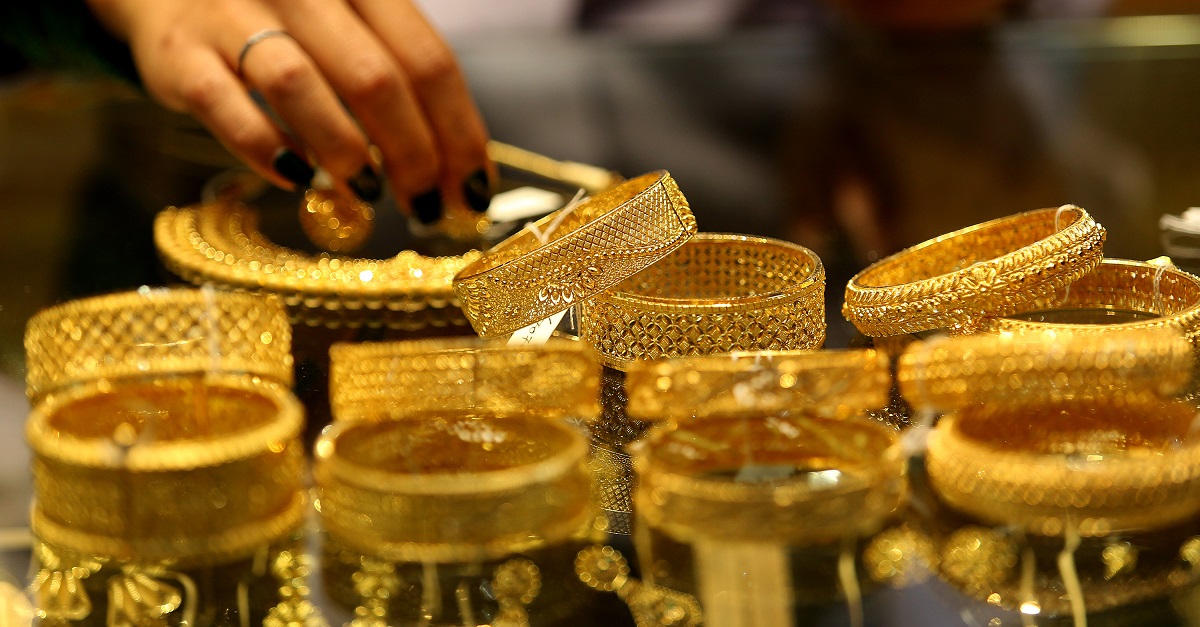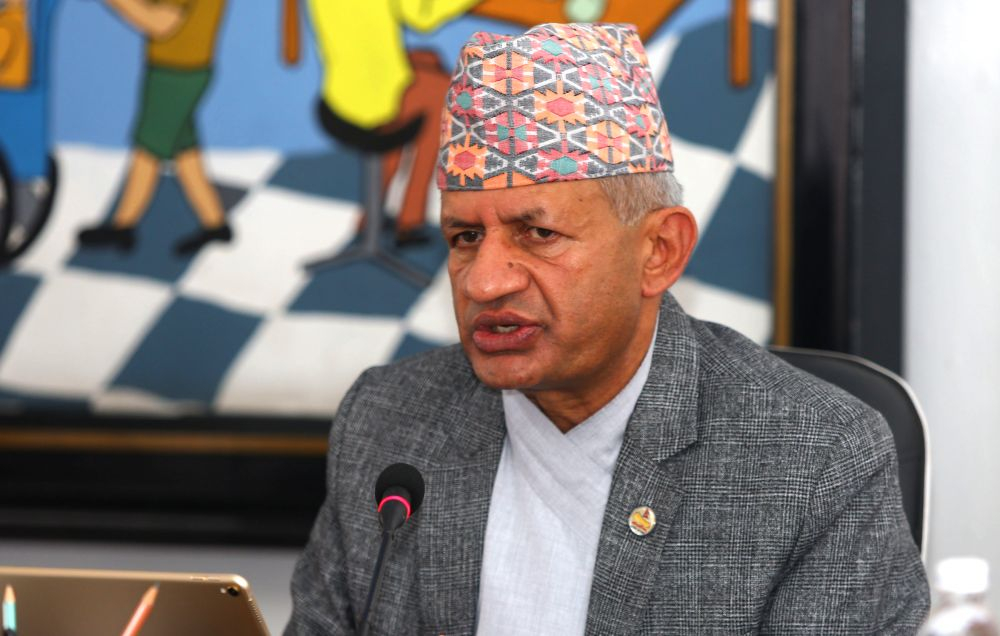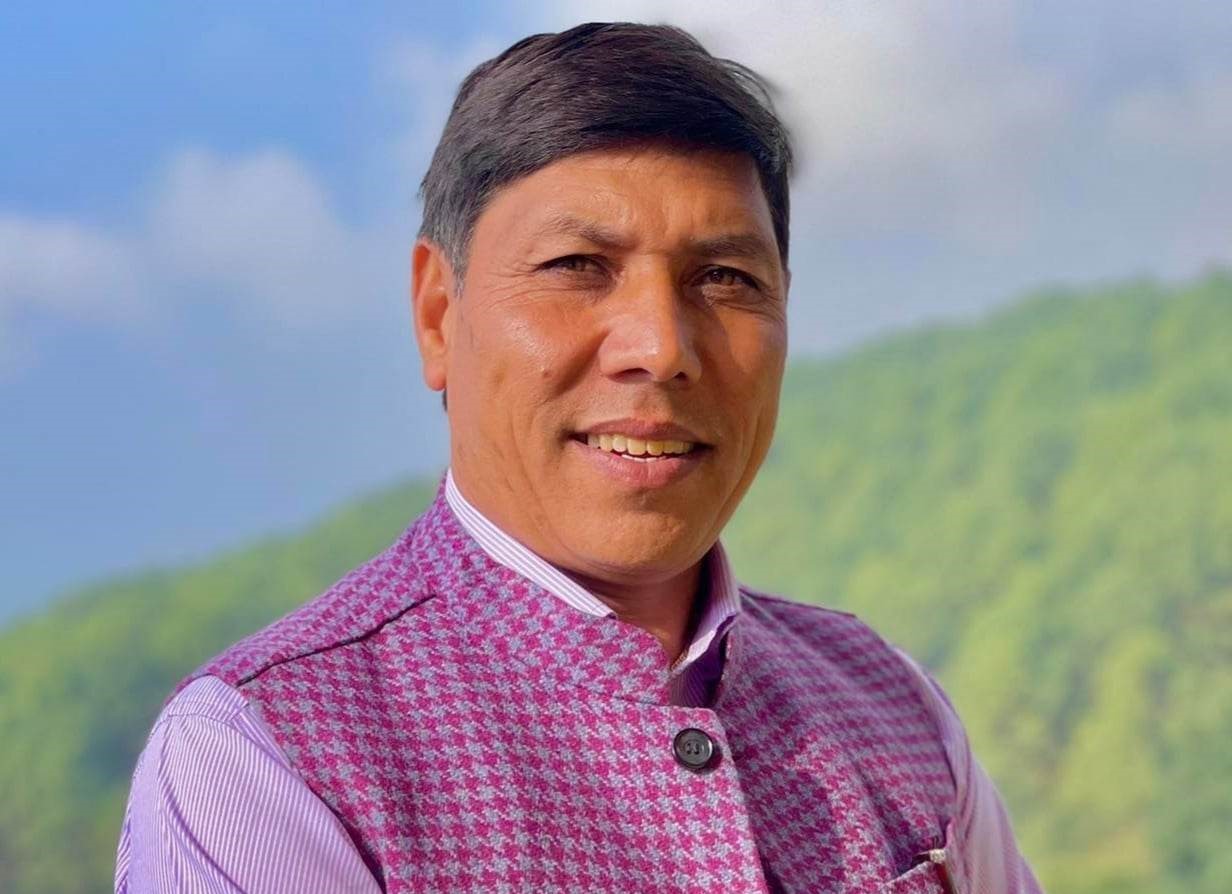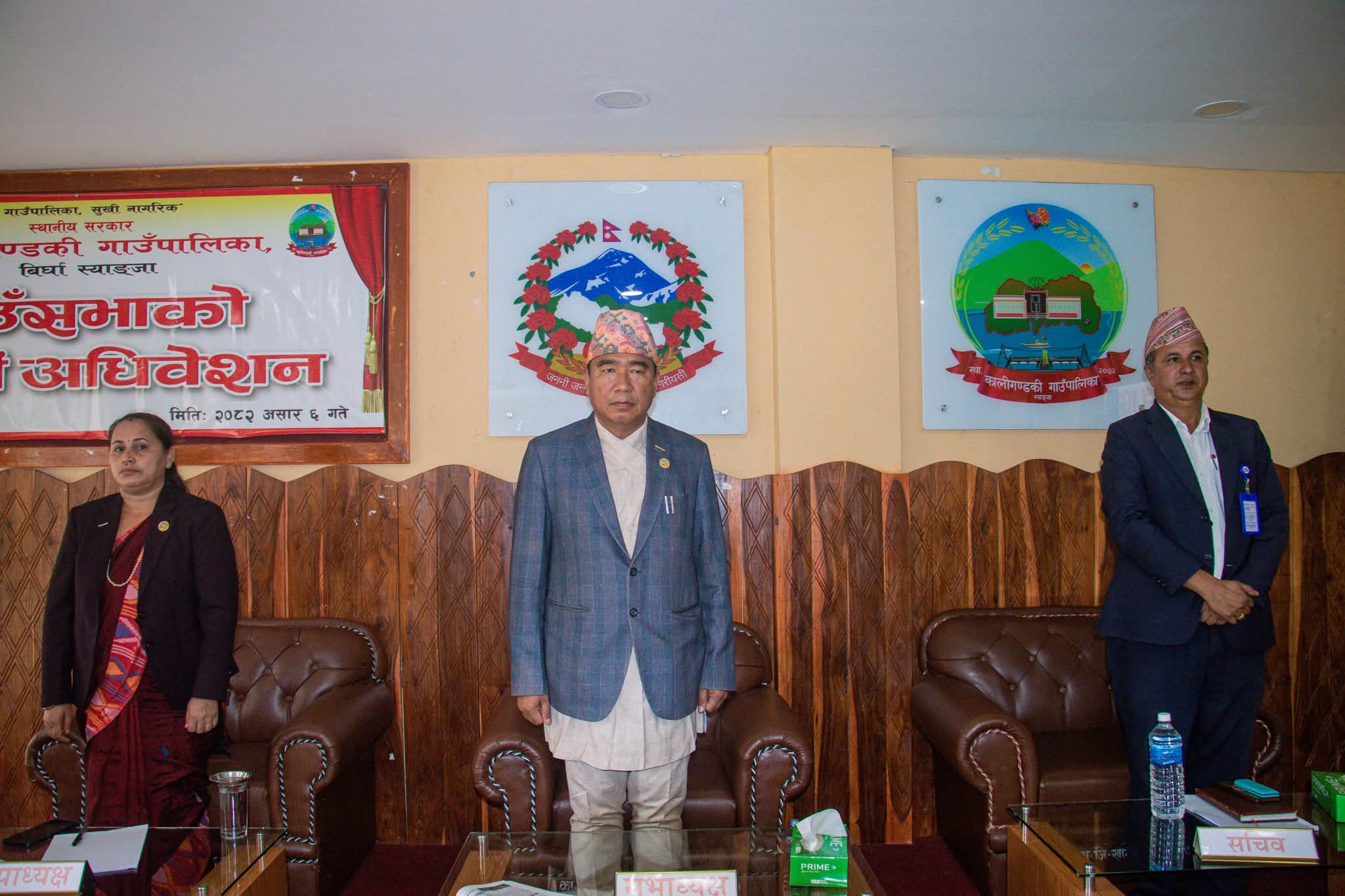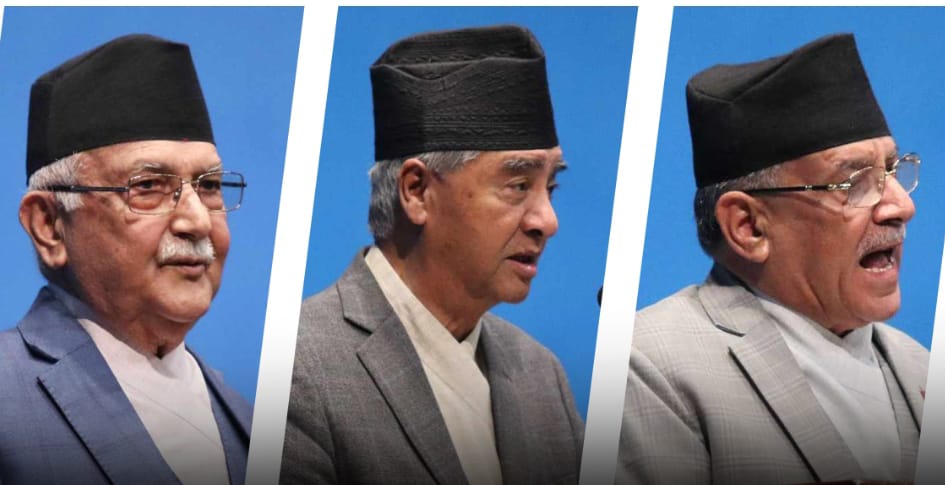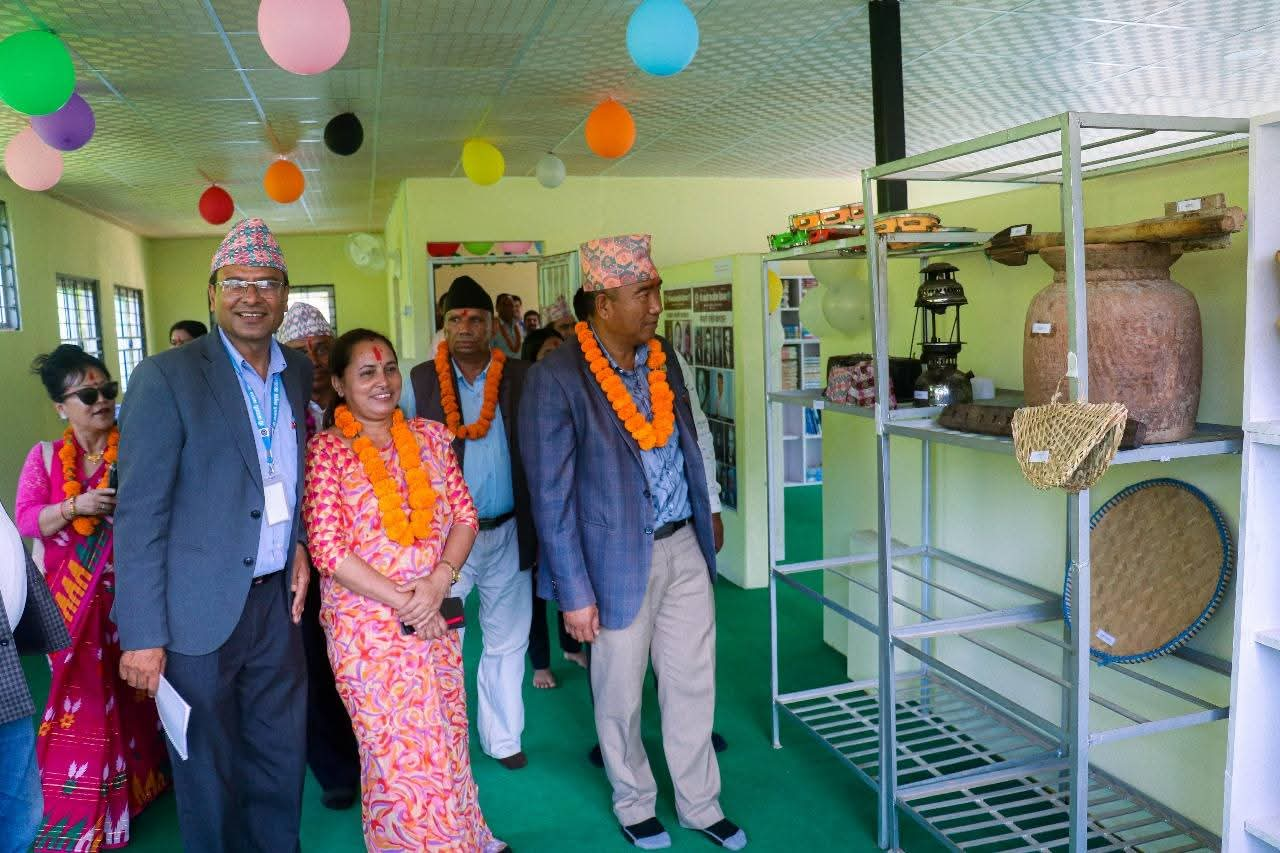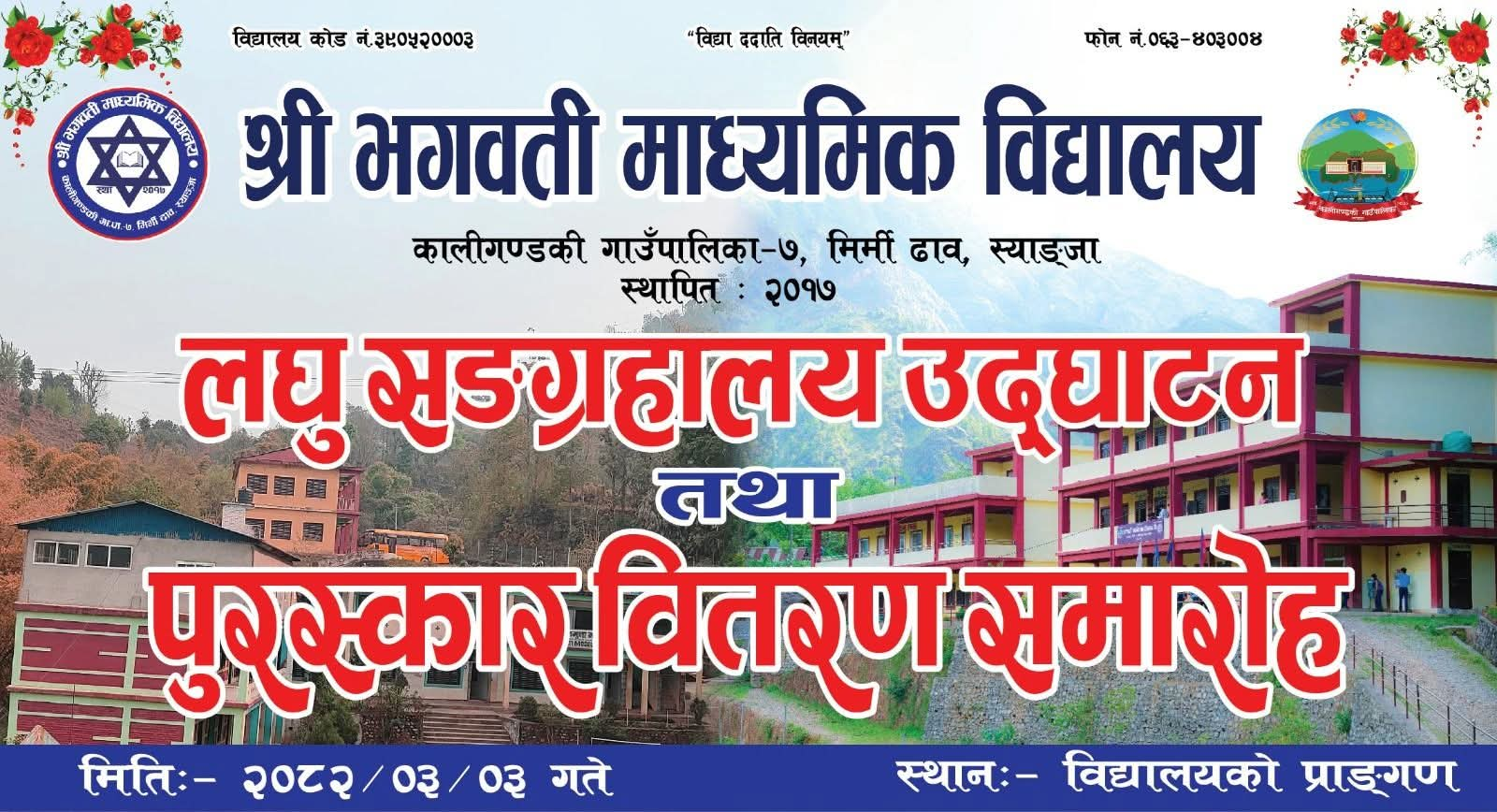
Ram Chandra Nepal
Japanese Prime Minister Fumio Kishida has canceled his visit to Central Asia on Friday after geologists warned that Japan should prepare for a possible “great earthquake”.
The Japan Meteorological Agency (JMA) issued an advisory on Thursday after eight people were injured due to a 7.1 magnitude earthquake in southern Japan.
Kishida was scheduled to visit Kazakhstan, Uzbekistan and Mongolia from Friday. He was also scheduled to participate in the regional summit.
“I have decided to stay in Japan for at least one week as I have the highest responsibility of crisis management as the Prime Minister,” he said.
Kishida said that after the 9.0 magnitude earthquake in 2011, the first consultation was issued under the new system prepared by Japan’s weather forecasting agency, and people may have been very worried and it was concluded that it is not good to go abroad in such a situation.
Japan’s weather forecast agency said, “The possibility of a new major earthquake is higher than normal, but this is not a sign that a major earthquake is certain.”
Thursday’s earthquake on the southern island of Kyushu shook traffic lights and cars and caused dishes to fall from shelves, but there was no serious damage.
The fire and disaster management agency said that there was no major damage due to the earthquake, but some people were injured.
On the top of four major tectonic plates, the Japanese archipelago with a population of 125 million has about 1,500 small and large earthquakes every year.
Due to advanced building technology and good emergency rescue practices, the effects of large tremors are moderate in Japan. The government has said that there is a 70 percent chance of a major earthquake in the next 30 years.
Experts say it could affect large swaths of Japan’s Pacific coast and, in the worst case scenario, put an estimated three million people at risk.




